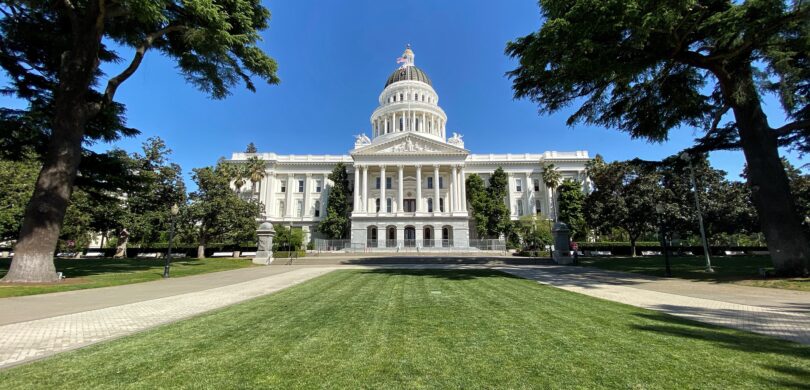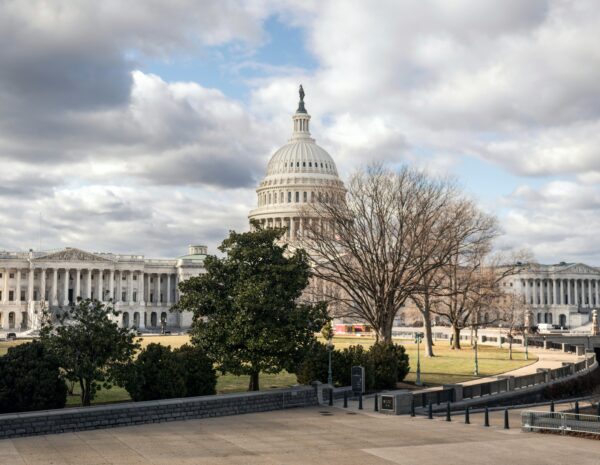California’s 2023 legislative Session began on December 5, 2022, and adjourned on September 14, 2023. Over the past 10 months, Sacramento has been busy with hearings, votes, and debates over hundreds of bills. This year, Governor Gavin Newsom began the 4th year of his term with a Democratically controlled legislature.
California’s Legislature has a total of 120 legislators, 80 Assemblymembers and 40 State Senators. The Assembly is composed of 62 Democrats and 18 Republicans, while the Senate is composed of 32 Democrats and eight Republicans.
Before the session began, Democratic leaders announced their legislative priorities:
- Housing
- Climate change
- Economic investment
- Big oil industries
- The opioid crisis
- Healthcare
- Systemic racism
- Public transportation.
Republican leaders shared their own, including: cutting government costs, tackling crime, acting on homelessness, investing in students, building water storages, and reducing wildfires.
Governor Gavin Newsom broke tradition by not delivering a State of the State address, where governors make the case for their agenda. Instead, he traveled throughout the state to share priorities. Governor Newsom’s legislative priorities include SB 2, ‘The Price Gouging Penalty Bill.’ This bill passed on March 27, 2023, and went into effect on June 26, 2023.
Key 2023 Session Data
In California, 3,036 bills were introduced during this year’s legislative session. Of those, nearly 40% (1,196) were passed by the Senate and Assembly. Governor Newsom has signed nearly 400 bills into law. He will sign many more throughout the rest of September. New laws relate to abortion, education, climate change, the LGBTQ+ community, and consumer protections.
Key Legislative Trends in California
- Gun control
- LGBTQ+ rights
- Climate change
- Abortion and reproductive healthcare
- Education
- Elections and voting rights
- Anti-discrimination
- Criminal justice reform
Why Plural for Legislative Tracking Is Trusted by Government Relations Teams
It’s vital for anyone needing to stay informed about legislative developments; this article will explain why Plural is being used by organizations for legislative tracking and how to use it effectively.
Which State Legislatures Are Meeting In Special Sessions?
Special session (or sometimes an “extraordinary session”) refers to the meeting of a legislature outside of their regular meeting cadence or structure. There is variability in the rules and processes around special sessions, but they are a part of every state’s legislative process.
What the One Big Beautiful Bill Means for: Labor & Workforce
On July 4th, President Trump signed H.R. 1, the One Big Beautiful Bill Act, into law. The 330-page act contains provisions that will reshape nearly every sector of the American economy and society. The rushed passage and sweeping scope of H.R. 1 have left many wondering: What’s actually in the bill and how will it […]




